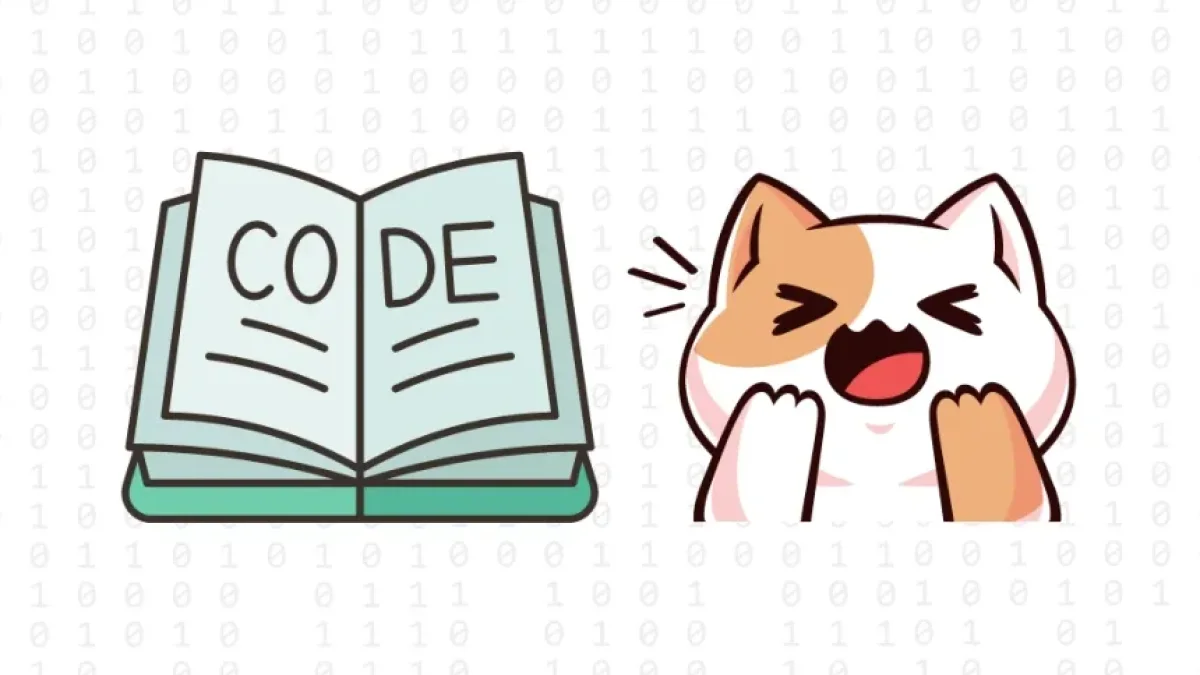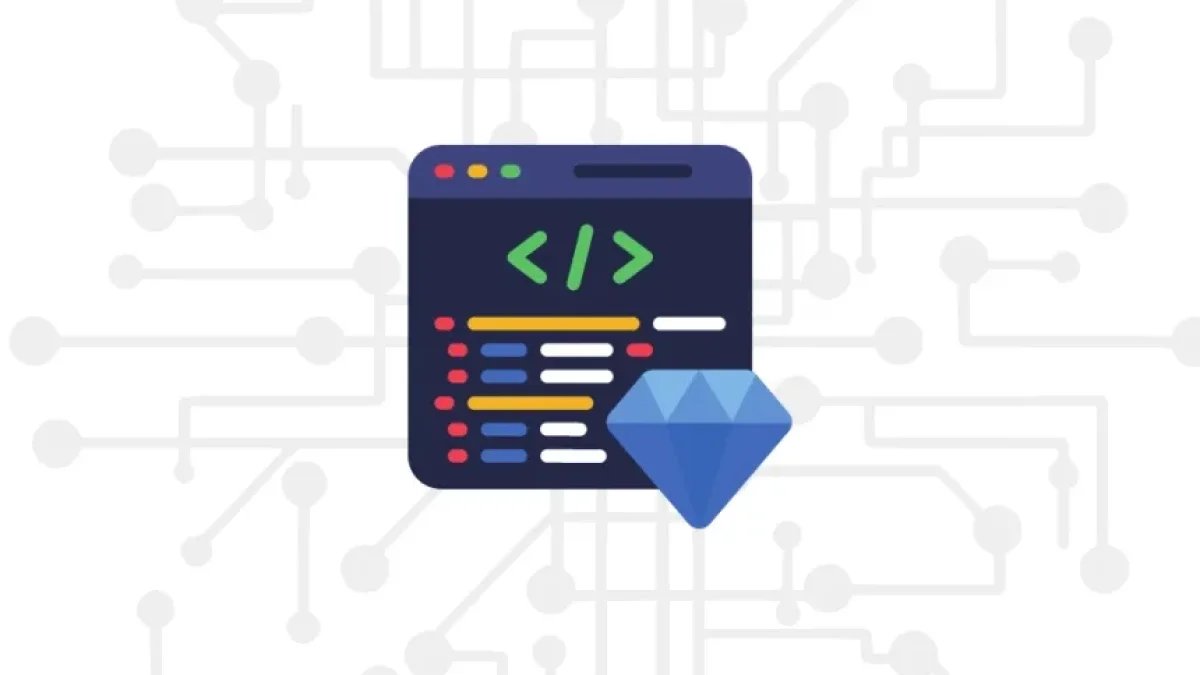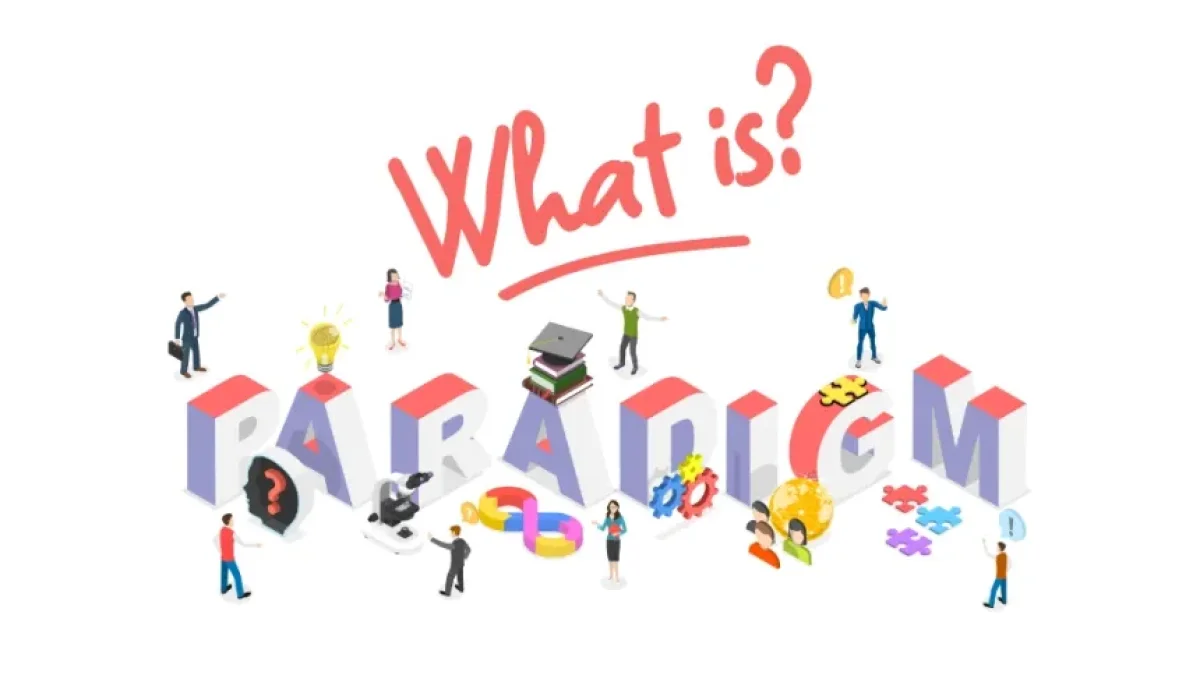What Are Comments in Code and How to Use Them Correctly


In software development, one of the most important and often overlooked practices is the use of comments in code. Although the code itself should be clear and concise, comments are a valuable tool that can improve the maintainability and understanding of the code over time.
What Are Comments in Code?
Comments in code are annotations that developers can include in the source code to explain, clarify, or document certain aspects of the implementation. These annotations are not executed by the compiler or interpreter; instead, they are meant to be read by other programmers (or the programmer themselves in the future).
Types of Comments
Comments can generally be classified into two main categories:
- Line comments: These are comments that occupy a single line and are usually prefixed with a specific character (such as // in JavaScript and C, or # in Python).
// This is a line comment
- Block comments: These allow for longer comments that can span multiple lines. They are used in languages like C, Java, and JavaScript using /* */.
/* This is a block comment that can cover multiple lines. */
Importance of Comments in Code
Comments in code are essential for several reasons:
Read also
Improved Readability
Developers working on a project, especially in large teams, often need to understand code written by others. Comments can provide context and clarifications that make this task easier.
Documentation
Comments allow documentation of functions, classes, and methods, which is useful for new team members as well as for long-term code maintenance. They help in understanding what a block of code does without needing to analyze it line by line.
Maintenance
As a project becomes more complex over time, comments can be crucial for facilitating updates and fixes, helping developers remember the purpose and functionality of different sections of the code.
Read also
How to Use Comments Correctly
Despite their importance, it is easy to fall into the trap of overusing comments or, conversely, not commenting at all. Here are some guidelines for using them correctly:
1. Comment on the "why," not the "what"
A good comment should explain the reasons behind a coding decision, not just describe what it does. For example, instead of commenting that a function adds two numbers, it is more helpful to explain why those particular numbers were chosen to be summed.
// Summing the interest rates of the loans to calculate the total debt totalDebt = loanInterest1 + loanInterest2;
2. Keep Comments Updated
Outdated comments can create confusion. If you make changes to the code, be sure to update the comments to reflect those changes.
3. Avoid Redundancy
Avoid excessive commenting. If the code is clear by itself, there is no need to add comments that repeat what is already implied. Comments should complement the code, not duplicate it.
4. Be Concise and Clear
Comments should be brief and to the point. Use clear language and avoid unnecessary technical jargon unless it is common terminology in the context of the code.
5. Use Comments for To-Dos and Notes
Comments can be useful to highlight items that need attention or pending tasks:
// TODO: Optimize this function to handle large volumes of data
6. Avoid Unnecessary Comments
Avoid including comments about obvious aspects, such as:
count++; // Incrementing the counter by one
This type of comment is unnecessary and can make the code look cluttered.
Conclusion
Comments in code are a powerful tool for improving the readability, maintainability, and documentation of the code. When used correctly, they can make the difference between comprehensible and clean code, and code that is confusing and complicated. By following the guidelines mentioned above, developers can ensure that their comments truly add value to the project and facilitate teamwork.
Remember that, while comments are essential, it is always better to write clear and logical code that does not rely excessively on documentation. A proper balance between the two is key to well-structured and maintainable code.



















